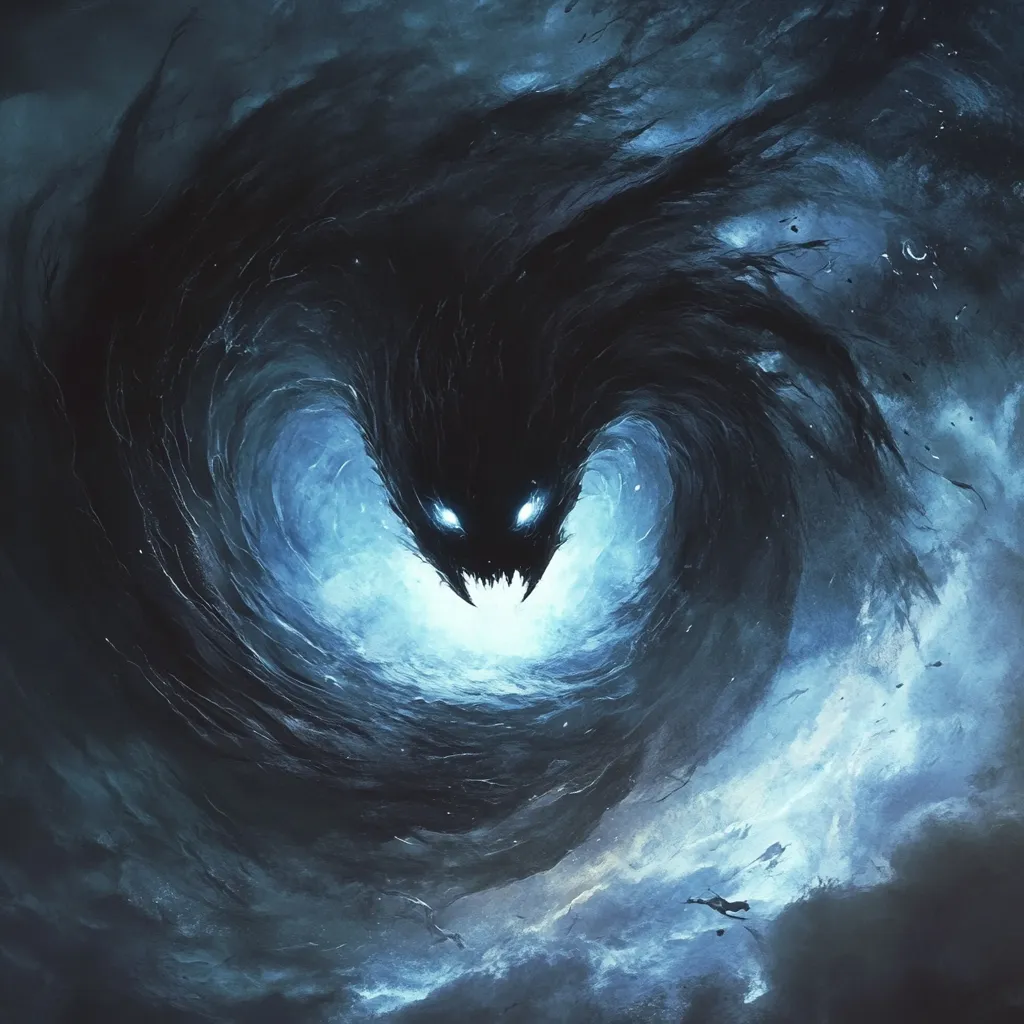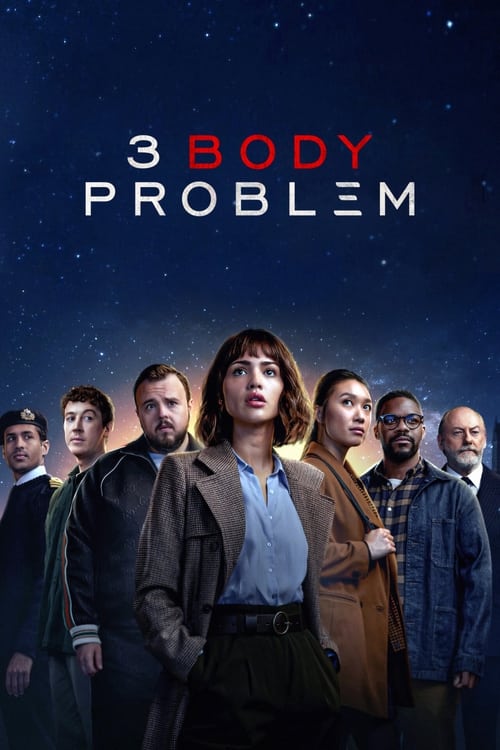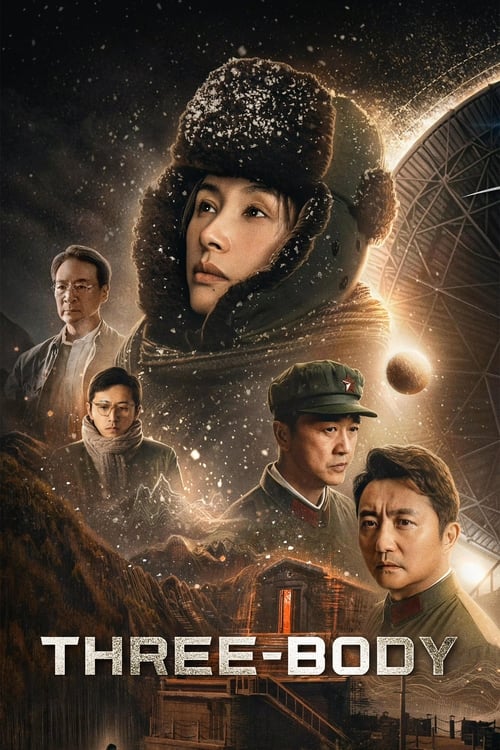The Dark Forest

The Dark Forest Hypothesis is one of the most chilling solutions to the Fermi Paradox. It suggests that the universe is silent not because extraterrestrial civilizations are rare, but because they are intentionally hiding—out of fear. Imagine a dark forest where every civilization is a hunter, staying silent to avoid being hunted. This idea paints a universe where contact is not a handshake but a trigger.
Origins
The Dark Forest Hypothesis was popularized by Chinese science fiction writer Liu Cixin in his acclaimed Remembrance of Earth’s Past trilogy, particularly in the second book, The Dark Forest. However, the idea has roots in broader discussions about game theory and the potential dangers of interstellar communication. It builds on the premise that in a universe with limited resources and unknown intentions, silence is the safest strategy.
The Argument
The Forest as a Metaphor
The universe is likened to a dark forest, where civilizations are like hunters hiding among the trees. Every sound—every signal—could reveal their location to a potentially hostile predator. In this scenario, broadcasting one’s existence is akin to lighting a fire in the dark: it might attract friends, but it could also draw predators.
Game Theory and Mutual Distrust
The hypothesis relies heavily on game theory, particularly the concept of mutual distrust. Civilizations cannot assume that others are benevolent, as the stakes of misjudgment are existential. The only rational choice is to remain hidden and preemptively eliminate any potential threats before they can do the same.
The Fermi Paradox Connection
If all civilizations follow this logic, it explains why we haven’t detected any signals or encountered other intelligent life. They are all hiding. The universe isn’t empty—it’s full of civilizations too afraid to speak.
The “Strike First” Principle
A key component of the Dark Forest Hypothesis is the idea that civilizations may adopt a “strike first” policy. If a civilization detects another, it might choose to destroy it preemptively to eliminate any potential threat. This creates a universe where survival depends on secrecy and aggression.
Criticisms
Overly Pessimistic Assumptions
The Dark Forest Theory assumes all civilizations are hostile or paranoid, focused solely on survival. Critics argue this is overly pessimistic and overlooks the possibility that advanced societies might evolve cooperative or ethical behaviors, choosing communication and peaceful coexistence over conflict.
Survival as a Counterargument
If the logic of the Dark Forest holds, our continued existence is hard to explain. A civilization capable of acting on such a theory would likely detect and sterilize life-bearing planets long before intelligence arises. Early elimination is more efficient and less risky, and the fact that Earth has survived suggests either such civilizations don’t exist, or the theory itself is flawed.
What This Means for Us
The Dark Forest Hypothesis has profound implications for humanity’s future. If the hypothesis is correct, our efforts to broadcast our presence—such as the Arecibo message or the Voyager Golden Record—could be incredibly dangerous. It suggests that we should prioritize listening over speaking and approach the search for extraterrestrial intelligence with caution. It also raises ethical questions about how we might interact with other civilizations if we ever detect them.
Pop Culture
The Dark Forest Hypothesis has been explored extensively in science fiction, most notably in Liu Cixin’s The Dark Forest. The book delves deeply into the logic of the hypothesis and its implications for interstellar diplomacy. Other works, such as The Three-Body Problem (the first book in Liu’s trilogy), also touch on similar themes of cosmic distrust and survival.
Recommended Reading/Watching

Remembrance of Earth's Past
A landmark sci-fi trilogy by Liu Cixin that formalizes the Dark Forest hypothesis as a framework for cosmic sociology.

3 Body Problem
A Netflix adaptation emphasizing the series’ core ideas about existential risk, technological disparity, and cosmic silence.

Three-Body
A Chinese adaptation that closely follows the novels, with a slower pace and greater focus on the characters' struggles and internal conflicts.
Conclusion
The Dark Forest Hypothesis offers a stark and unsettling solution to the Fermi Paradox. It suggests that the universe is silent not because we are alone, but because every civilization is hiding in fear of the others. While the hypothesis is not without its criticisms, it challenges us to rethink our assumptions about extraterrestrial life and our place in the cosmos. If the Dark Forest is real, our survival may depend on our ability to stay silent—and to listen carefully for the sounds of others.